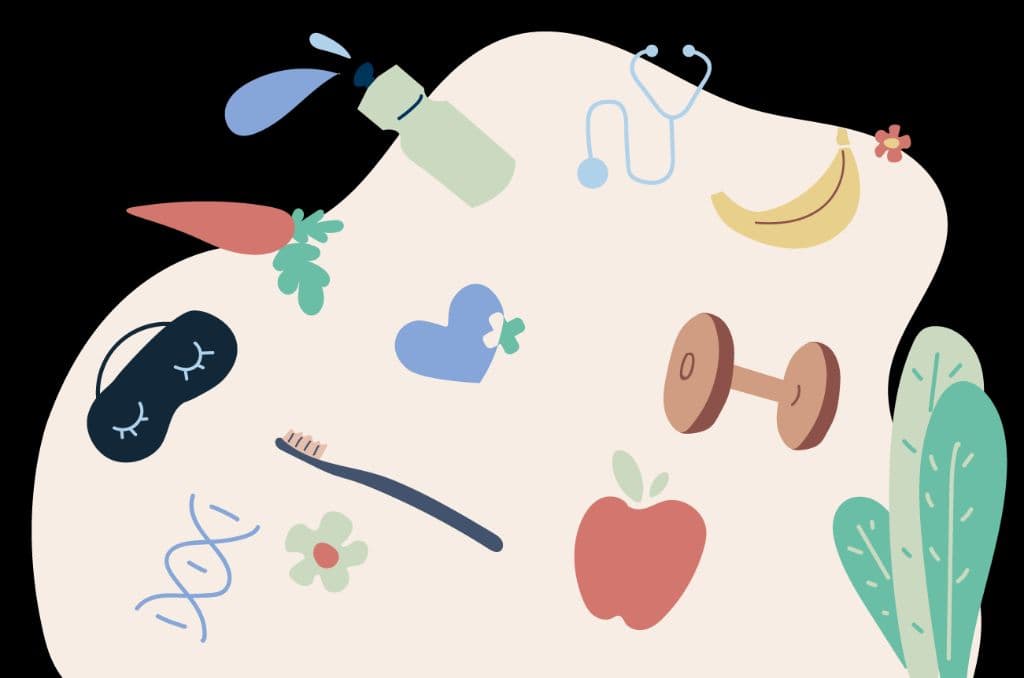This article has been written by Vaibhavi Kodnani , a content writer at Proactive For Her.
Headaches experienced by people having hypertension is rather usual. Hypertension is a medical condition in which the blood force against the artery walls is too high. It can also increase the pressure on the brain, thus leading to hypertension headaches. In severe high blood pressure, it can cause the blood to leak from the blood vessels in the brain. Due to this, the brain can swell up. It is highly problematic because the brain is situated inside the skull and has no space to expand.
The swelling can further aggravate the pressure on the brain and lead to many symptoms such as:
- Headache
- Dizziness
- Nausea
- Confusion
- Weakness
- Seizures
- Blurred vision
How can you recognise a hypertension headache?
During hypertension headaches, you will experience pain on both sides of the head. Hypertension headaches can continue for many days if not treated at the earliest. The headaches can get worse with physical activity. If you are experiencing a headache, it is better to take ample rest. That can help you relax. If that does not help and the headache persists for more than a day, it is advisable to get yourself checked as it can indicate early signs of bleeding in the brain. Uncontrolled blood pressure increases the risk of further organ damage and unwanted side effects.
Caution!
If your headache does not subside in a day, please do not ignore it and visit a doctor without further delay to prevent worsening of the condition.
How often can hypertension headaches occur?
Hypertension headaches can occur every time your blood pressure goes out of limits. Usually, 120/80 mm Hg is normal blood pressure. The reading 140/90 mm Hg is considered as high blood pressure or hypertension. It is severe hypertension when the blood pressure is above 180/120 mm Hg.
Treatments of Hypertension Headaches
Hypertension Headaches can be a hindrance in leading a regular and peaceful life, especially when they occur frequently. Hypertension is a long term medical condition; there are many ways to manage it. Medications, relaxation techniques and most important preventive measures can help with hypertension headaches and other symptoms.
Medical treatments of hypertension headaches
Medication is the best way to treat hypertension headaches.
- Hypertensive medication - Taking hypertensive or BP control medication can generally relieve your headache.
- Paracetamol - In case you do not have your hypertensive medication, you can take paracetamol. It can help in treating your pain until you can get appropriate medical assistance.
Caution!
Do not self-prescribe medications and do not ignore the headache for too long. If it is too severe, immediately call a local emergency number for medical help.
Other helpful techniques for relief - There are not many natural remedies available for treating hypertension headaches. In case the headaches occur during travel or at work, you can try the following techniques for some relief.
- Meditation : Meditation can help you relax and lighten your headache symptoms. Even if you are at work or travelling, find a quiet space and close your eyes. There are many relaxing meditations available online, so plug in your earphones and play a guided meditation. The soothing voice, soulful music and deep breaths will relieve you of stress, calm your nerves and lower the blood pressure, thus reducing the severity of the headache.
- Deep breathing : Deep breathing is another relaxing technique that is substantially helpful in reducing stress. If you cannot meditate, close your eyes and concentrate on your breath. Taking deep breaths can help you relax, ultimately helping with your headache symptoms.
- Rest : If possible, then you should lie down and rest. It is one of the better solutions to help with hypertension headaches. Usually, sleeping should subside your headache within a few hours.
These are some of the natural ways to bring down the blood pressure. You can even consider other techniques such as watching your favourite movie or funny videos that can put you at ease.
Caution!
It is a common practise to treat headaches with tea or coffee. But if you have hypertension, do not take any stimulant drinks like coffee and energy drinks for treating hypertension headaches.
Preventive measures
Prevention is always better when it comes to high blood pressure. Hypertension comes with many unseen risks. Hence, it is necessary to incorporate crucial diet and lifestyle changes in your life if you have hypertension:
- Take hypertensive medications on time as per your doctor’s advice.
- Avoid the consumption of alcohol.
- Quit smoking if you are a regular or occasional smoker.
- Incorporate regular exercise like walking, running, cycling or yoga in your daily schedule.
- Eat a healthy, recommended diet for high blood pressure. Also, avoid fast food, processed food, carbonated and sugary drinks.
- Control your salt intake in food.
- Do not take unnecessary stress and practise relaxation techniques to manage stress.
- Keep a blood pressure monitor at home and track your blood pressure levels.
When should you see a doctor?
If your headache persists even after taking your regular hypertensive medication, it is advisable to visit your doctor or a headache specialist. It is better to not ignore the symptoms for too long to prevent further complications.
Disclaimer : This information is provided for educational purposes and should not be construed as medical advice. Please consult with your healthcare practitioners before undertaking any changes in your diet or adding supplements.
ProactiveForHer is a digital clinic for women, offering accessible, personalized, and confidential health-care solutions. We offer products and services for out-patient health concerns of Indian women, across their lifetime - from puberty to pregnancy to menopause. To know more on the sexual and reproductive health of women, visit https://www.proactiveforher.com/

